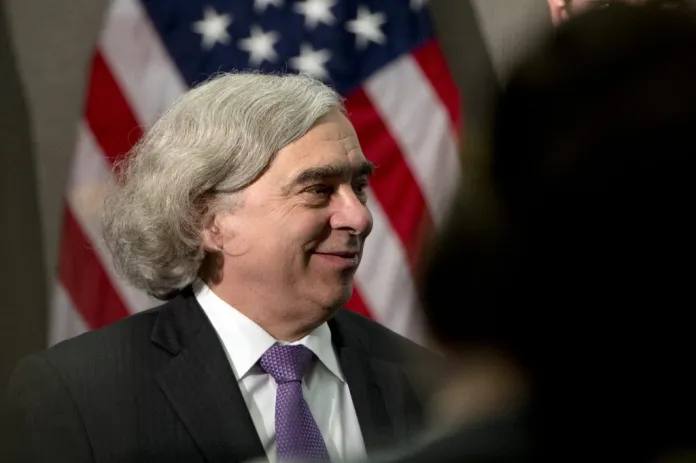Trump’s return to power sparks business and corporate green reset
The article discusses the implications of Donald Trump’s return to power, notably in relation to business and corporate policies on green energy. Following Trump’s election,six major U.S. banks and the Federal Reserve have withdrawn from green energy initiatives and the global climate risk group that was analyzing climate change. This decision indicates a possible shift away from the previous management’s focus on sustainability, which coudl lead to meaningful changes in corporate approaches to environmental policies as Trump’s presidency unfolds.
Trump’s return to power sparks sweeping business and corporate green reset
Six of the largest United States banks and the Federal Reserve have pulled out of green energy initiatives ahead of President-elect Donald Trump’s inauguration.
On Friday, the Federal Reserve left a global climate risk group that studied climate change risk. Earlier this month, JPMorgan left the Net Zero Banking Alliance, following Goldman Sachs’s departure in December 2024. Meanwhile, BlackRock, the world’s largest asset manager, left the Net Zero Asset Managers initiative, which is focused on promoting investments aligned with net zero emissions targets.
The abandonment of green energy measures by these banks comes as major corporations are moving to gain favor with the incoming Trump administration. Meta CEO Mark Zuckerberg, scorned by Trump for his “Zuckerbucks” scheme during the 2020 presidential election, has been getting closer to Trump and announced recently that Meta was ending its fact-checking system, which conservatives often criticized for being biased against them. Zuckerberg also announced that UFC CEO Dana White, a close friend of Trump, would join Meta’s board of directors.
Many asset managers have been targeted by lawsuits for their green energy initiatives since Trump’s election. In November 2024, Texas and 10 other Republican-led states sued BlackRock and two other firms for “anticompetitive practices” stemming from accusations that the asset managers were using the net zero groups to restrict coal production.
“The political environment has radically changed,” Shivaram Rajgopal, a professor at Columbia Business School, told the New York Times. “If you are the CEO of one of these large banks, if you stay in one of these alliances, you’re just opening yourself up to litigation risk. It’s like you have a bull’s-eye on your back.”
U.S. banks and even some Canadian banks’ mass exodus from these climate goal agreements is a sharp contrast to their pledged efforts under the Biden administration, which aimed to achieve net zero emissions by 2050.
In 2021, at the COP26 summit, the Glasgow Financial Alliance for Net Zero was formed to bring together financial firms that collectively controlled $130 trillion in assets. However, the requirements to join were set low in an effort to recruit as many financial firms as possible. Bank of America and Citigroup are still a part of Glasgow Financial Alliance, which changed its rule so firms could still be involved without being mandated to join target-setting groups.
“This change reflects the progress delivered to date, the spread of climate regulation, and the need to mobilize more capital to developing nations,” a spokesman for the Glasgow alliance said in a statement.
However, European counterparts are not too pleased with these financial managers pulling out of these agreements.
“It’s extremely disappointing to see these departures,” James Alexander, chief executive of the U.K. Sustainable Investment and Finance Association, told the New York Times. “Our hope is that they will continue to undertake this work at the pace and scale the science demands.”
" Conservative News Daily does not always share or support the views and opinions expressed here; they are just those of the writer."




